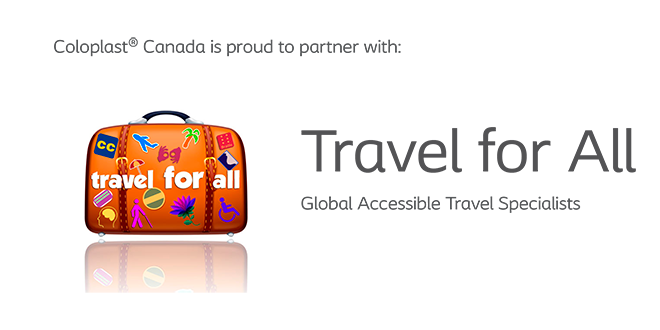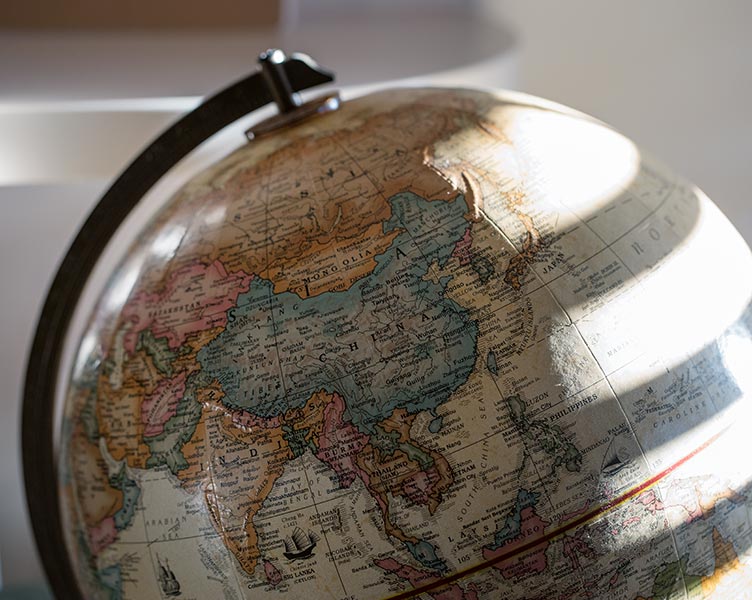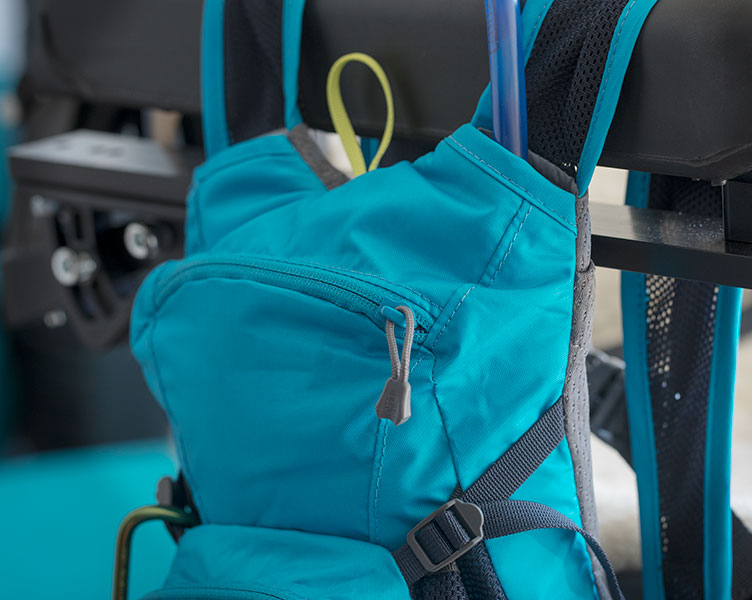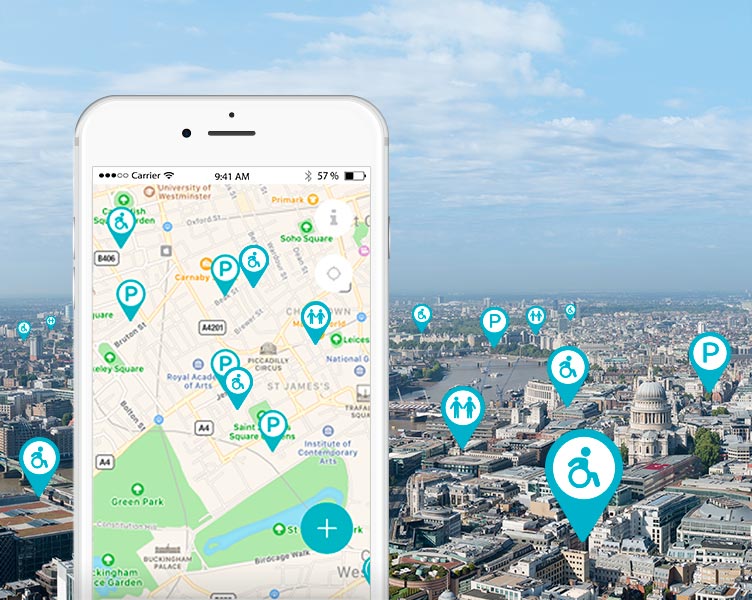Good things to know before going away:
Clothes
- Wear something loose and comfortable if you need to sit for a long time in an uncomfortable and narrow airplane seat.
- Choose something with dark colours in case of leaks.
- Select clothing, which is easy to open or change. If you are a woman you might prefer a skirt, which is easier to pull up.
- Choose pants or a jacket with pockets for catheters.
- Choose a hotel with a washing machine or laundry service in case you should need it.
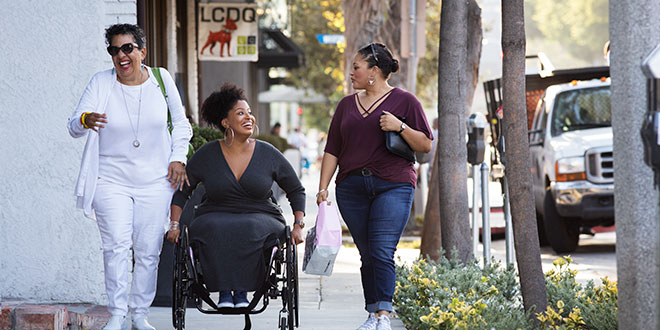
Companion
If you travel with your family they probably should know of your condition. That might not be the case if you travel with a friend or colleague. Consider if it is better to tell your traveling companion about your situation- you might need their understanding, flexibility or even help during the trip. It may be easier to tell them in advance instead of in the middle of a difficult situation.
Doctor
Share your travel plans with your doctor or nurse well in advance, if you need special medication, switching to another product or if you need their advice regarding some of your activities.
Food and drinks
Often a change in environment and routine affects our digestion. Avoid constipation and dehydration, which can worsen your bladder problems. Make sure to drink enough water (avoid too much caffeine and sweet drinks) and try to eat food which is high on fibers. Read more in our ‘Diet and Nutrition’ section.
If you are not sure about the quality of the drinking water, buy bottled water.
You may also need to be careful with ice, fruits and vegetables depending on where you are traveling.
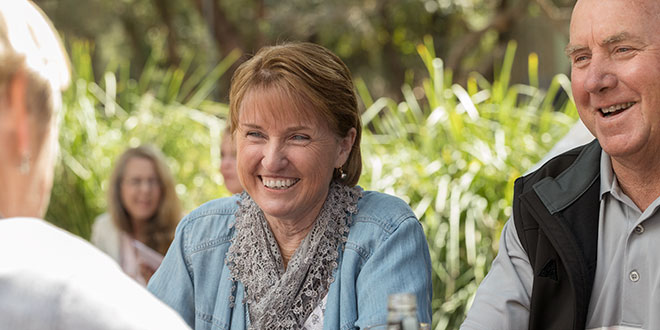
Restrooms
- If you travel by plane, request an aisle seat near the restrooms when you book your flight.
- Check out all the places you want to visit - restaurants, shops, theaters, museums or landmarks - to see if they have restrooms .This may be especially useful if you need one that is wheelchair accessible. You can find them on the internet or give them a call if you are in doubt.
- Also check if it is common to pay a fee for using restrooms and make sure to have small change in local currency on you.
- Learn the word for “restroom” in the local language. Make sure you can pronounce it correctly, or carry a piece of paper with the word written on it.
- If you have a disability, it might be possible to get a card you can show at restaurants, shops or other businesses if you urgently need to use their restrooms without being a customer. This can be helpful for you when there are no public restrooms near you. Ask your doctor or your local disability support group about it.
Schedule
Plan your visits to the bathroom. If you travel by airplane, catheterize as close to boarding as possible. Plan all other bathroom visits during your stay allowing time before or after an event. Set a watch or phone alarm, if you worry that you might forget when it is time.
Security check
Show a travel certificate or a letter from your healthcare provider that documents your medical requirements. Ask for a private screening by the security staff if you feel uncomfortable walking through the screener and worry that it may pick up pads or diapers or other medical devices in front of everyone else. You can download a travel certificate here.
Smart kit
Pack a small bag with all the things you need for catheterization or in case you have an “accident”. See the list of relevant items in our article about packing a smart kit.
These are general guidelines meant to help you with typical questions. You should follow the specific instructions provided by your healthcare provider and the intermittent catheterization solution you are using.

